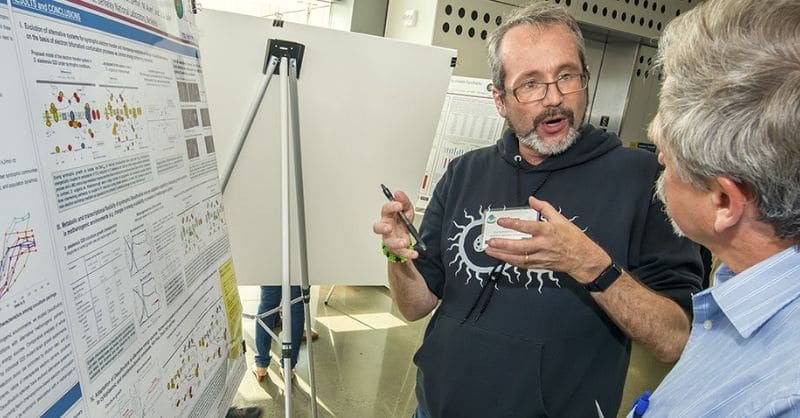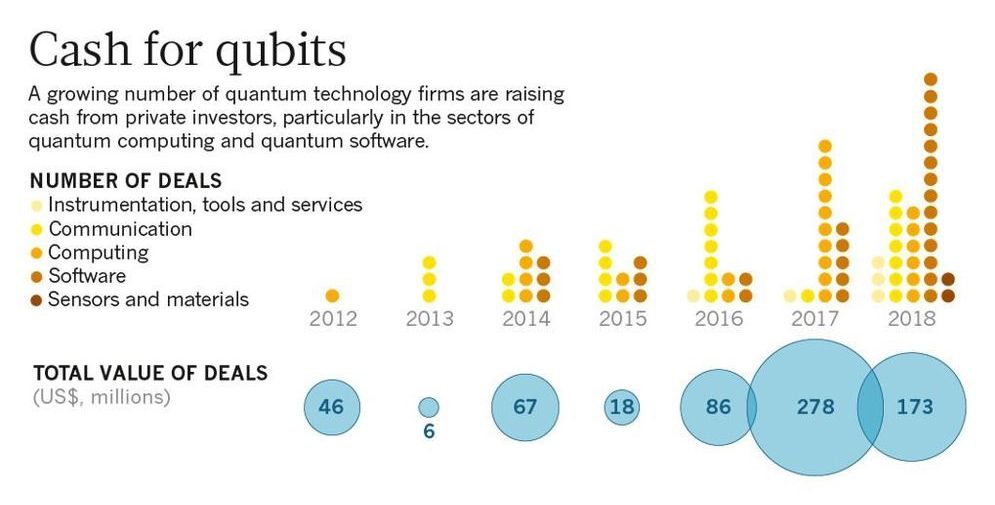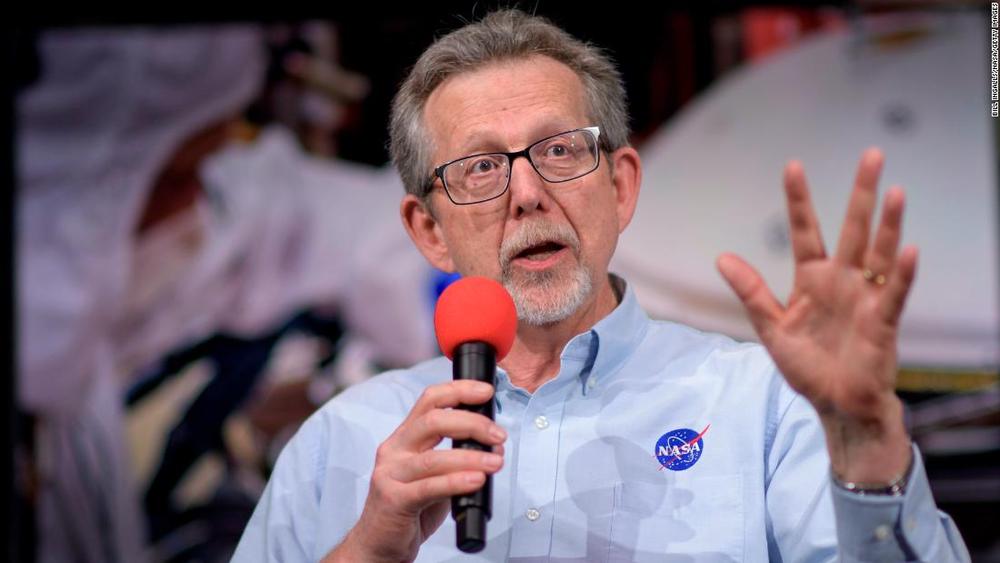The wheels are in motion to send the first humans to Mars. For many, the first image that calls to mind may be of a spaceship touching down in a vast, red desert. But arriving on Mars is only half the picture. People also need to live there, something that can be difficult to imagine because there are so many unknowns. Martian habitation presents one of the greatest scientific challenges of the 21st century. And it is a challenge synthetic biology will be integral in solving.
One of the most exciting ventures tackling this problem is CUBES, the Center for the Utilization of Biological Engineering in Space. SynBioBeta recently spoke with Adam Arkin, the director of CUBES and professor of bioengineering at UC Berkeley. Arkin, who will also speak at SynBioBeta 2019, described the goals of the CUBES project and how their work could enable human life on Mars.
CUBES is a five-year NASA Science Technology Research Institute. Veteran researchers, postdocs, and undergraduates have come together across six universities to develop biomanufacturing systems for Mars missions. But, explains Arkin, “since there isn’t a specified reference mission architecture for a real mission to Mars, we don’t know precisely what our constraints are.” Over the next five years, CUBES will build increasingly realistic models of what it will take to make integrated bio-systems feasible in space.









